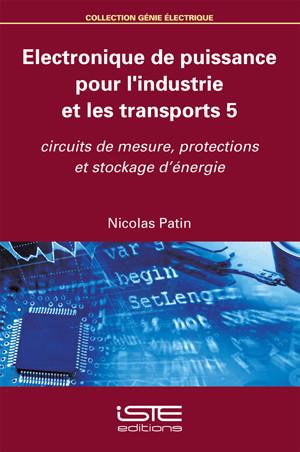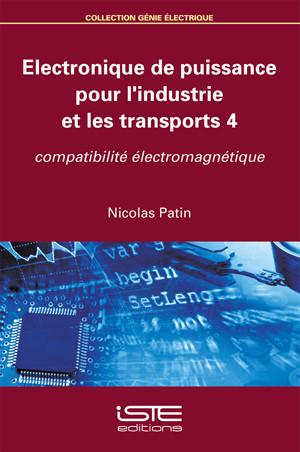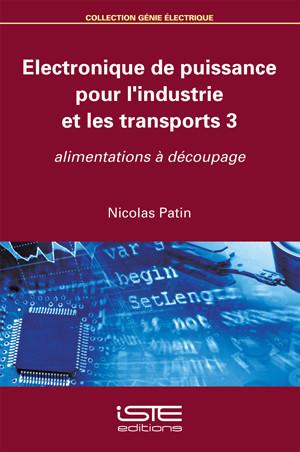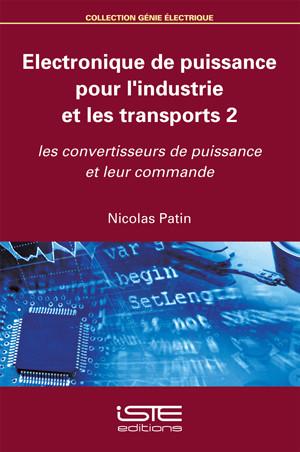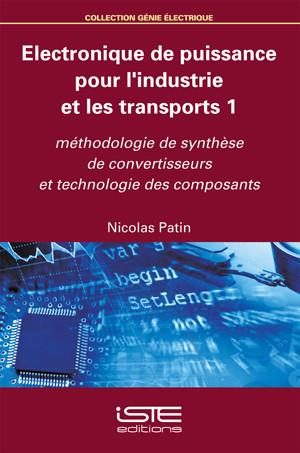
Power electronics is based on the operating system of switching semiconductor components. On this basis, the concepts of type (voltage or current) and reversibility of interconnected sources make it possible to apply a methodology for the synthesis of various types of converters. Through three chapters, this book deals with several functions associated with static converters. […]
Power electronics is based on the operating system of switching semiconductor components. On this basis, the concepts of type (voltage or current) and reversibility of interconnected sources make it possible to apply a methodology for the synthesis of various types of converters.
Through three chapters, this book deals with several functions associated with static converters. Sensors (currents, voltages, temperatures) are dealt with in Chapter 1, and Chapter 2 discusses various protection devices (against inrush currents, short-circuits, overloads, voltage surge/spikes, ESD). Finally, Chapter 3 is dedicated to energy storage devices such as conventional capacitors, electric double-layer capacitors (EDLC), primary and rechargeable batteries. Technologies and applications of all these components are detailed, including monitoring aspects (fuel gauges, balancing solutions, chargers). An appendix is also devoted to uncertainty analysis related to Chapter 1 where focus is placed on sensors and signal conditioning.
The previous four volumes of Power Electronics Applied to Industrial Systems and Transports are focused on power converters and their control. The aim of this volume is to present an overview of modern solutions in measurement or protection circuits and electrical energy storage. It also offers an opening to uncertainty calculations that are of major importance in assessing the performances of an analog acquisition chain.
1. Sensors for Power Electronics.
2. Protections for Electronic Systems.
3. Storage Systems – Principles, Technologies and Implementation.

